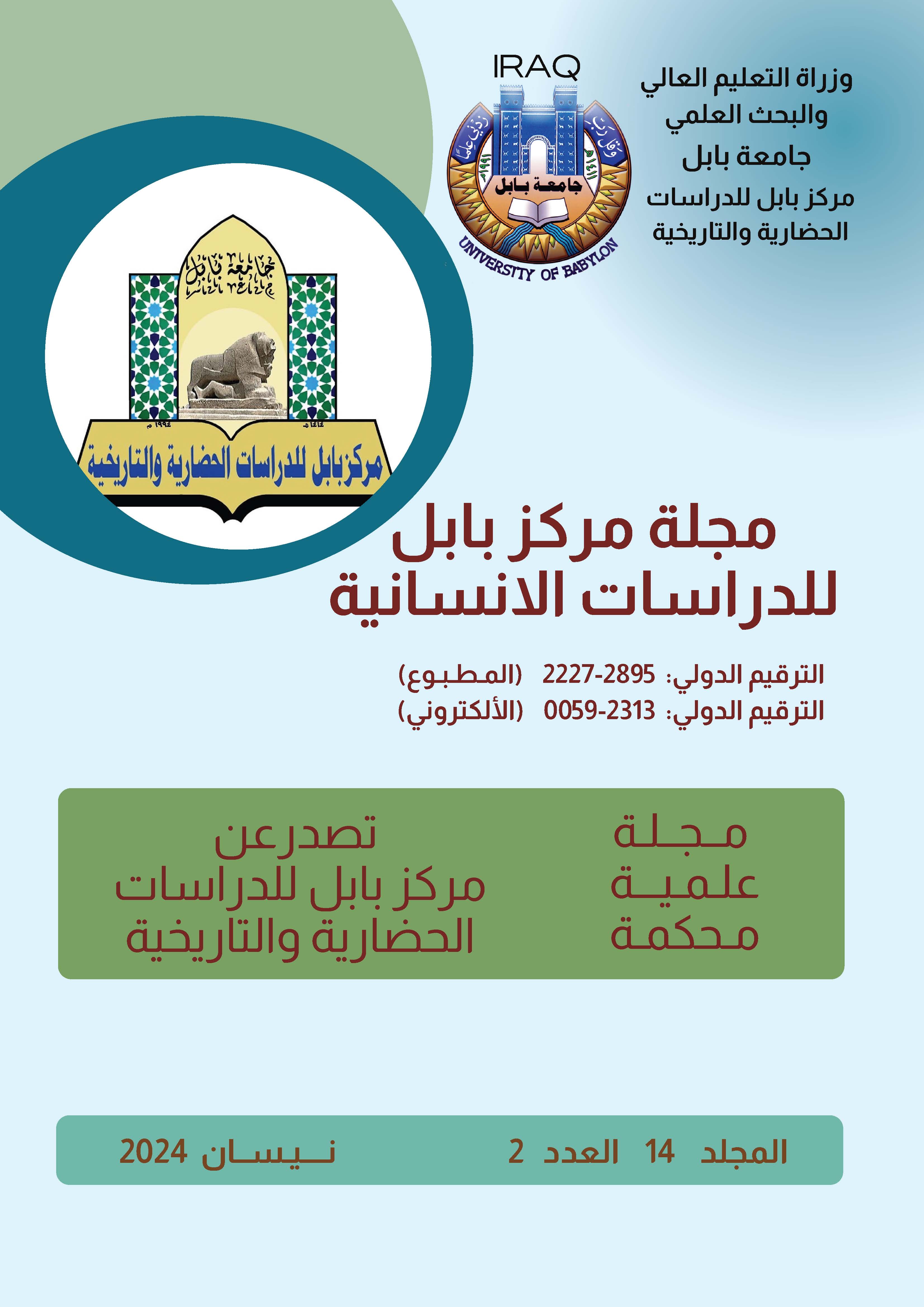The cultural identity of Iraqi minorities among the audience of the city of Baghdad
Keywords:
identity / cultural identity- minorities / Iraqi religious minoritiesAbstract
This study examines indicators of the cultural identity of Iraqi religious minorities among the public of the city of Baghdad. It has focused, through the axes of the scale tool, on presenting many of the contents that can express the cultural identity of these religious minorities, which were recognized by the Iraqi Constitution of 2005 through their communicative production, whether it is fashion or... Customs, traditions, rituals and religious practices, as well as the ancient historical presence that expresses their religious and cultural point of view, and through a specific sample of the population of the city of Baghdad, being the capital of Iraq and rich in religious and cultural diversity, in order to reach a vision through which it is possible to know those indicators of cultural identity through which the extent The Baghdad public’s knowledge of that cultural identity that expresses them through that sample; The results of the scale showed that Iraqi religious minorities are proud of their cultural identity, which calls them to take great pride in this cultural identity. Iraqi religious minorities are originally Iraqis, some of their origins are Arab, and they came to Iraq in ancient times. The results showed the demand of some members of religious minorities for increased political representation after the international interest in their issues that They have become more widespread and famous in the world after what they were exposed to after the events of the invasion of the city of Mosul in 2014. They contribute and participate in public life socially and politically. They made positive contributions in Iraq. They are distinguished by tolerance and polite behavior, and they help other Iraqi components. The ideas carried and inherited from them constitute a good, natural element for peaceful coexistence with the rest of Iraqis. International attention worked to define their cultural identity through media coverage of what they were exposed to. They have no loyalty to the forces occupying Iraq after 2003, even though they share the same religion with Christians







